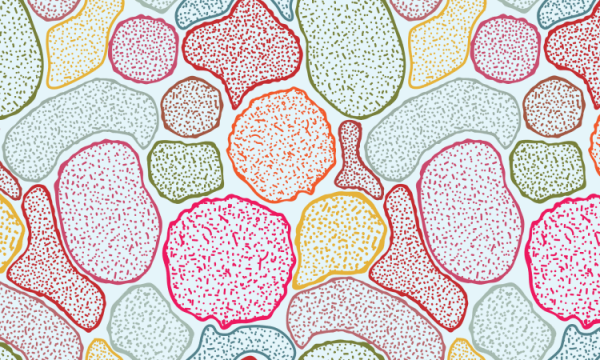**This article was first published in the New York Times.
“The nutritional value of food is influenced in part by the microbial community that encounters that food… the nutritional components of a healthy diet have to be viewed from the inside out, not just the outside in,” said Dr. Jeffrey Gordon, the senior author of the new paper and director of the Center for Genome Science and Systems Biology at the Washington University School of Medicine in St. Louis.
Trillions of microbial cells inhabit the human body. In fact, they outnumber human cells by 10 to one. A wide variety of intestinal microbiota help us process the nutrients in the foods we eat and stave off disease by boosting our immune systems. Compromised microbial ecosystems cause increased susceptibility to allergies, inflammation, diabetes, obesity, depression and anxiety.
Our current microbiome (microorganisms contained within our intestinal tract) composition is developed early in life and affected by our genetics, whether we were breast-fed or bottle-fed and our diet. Microbial diversity is lacking in diets rich in sugar, meats and processed foods.
The ecosystem established in the gut determines how we absorb and process nutrients. Although creating a new gut microbiome isn’t easy, it is possible. Changing our diet (to a plant-based rich diet) can enhance our ecosystem and improve our wellbeing.
A new study (published in Cell Host & Microbe) conducted in mice and humans, set out to answer how individuals with different diets respond when they attempt to improve their eating habits.
Scientists harvested gut bacteria from humans. The first group ate a typical American diet of 3,000 calories per day, consisting of animal proteins such as processed meats and pizza. The other group ate a calorie restrictive, plant-based diet consisting of 1,800 calories a day (for up to two years) with a third fewer carbohydrates and half the fat than the group on the typical American diet. The individuals on the plant-based diet displayed a more diverse microbial community and carried additional good bacteria strains. The gut bacteria from each group were transplanted into mice bred in sterile conditions. The scientists then fed the mice either a typical American diet or a plant-based diet.
The mice with the microbiota conditioned by the typical American diet had a weaker response to the plant-based diet and neglected to increase and diversify their ecosystems.
The scientists also discovered that “the company you keep” can affect your gut microbiota. The mice were kept in separate cages from one another and then housed together based on their diet. The mice with the plant-based conditioned microbiota fared better than the American diet induced mice. Other studies have shown that people who live together (spouses specifically) develop similar microbial systems.
Meghan Jardine, a registered dietician affiliated with the Physicians Committee for Responsible Medicine (which recommends a plant-based diet) says, “When you look at populations that eat real food that’s high in fiber, and more plant-based foods, you’re going to see they have a more robust microbiota, with more genetic diversity, healthier species and fewer pathogenic bacteria living in the gut.”
What can we learn from this research? Eat well and love well to live well.
Read the full article here.
Comments are closed.



